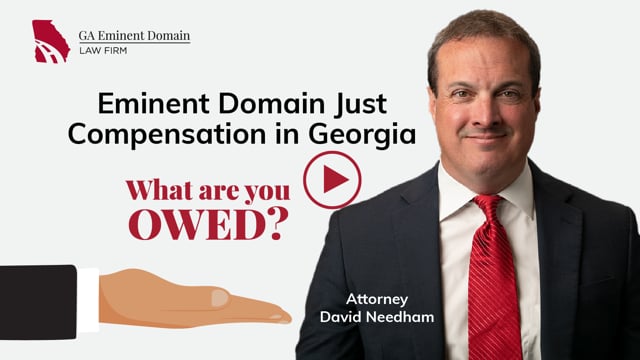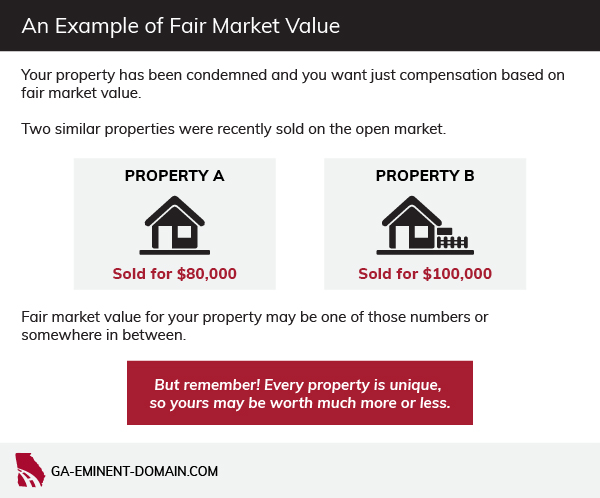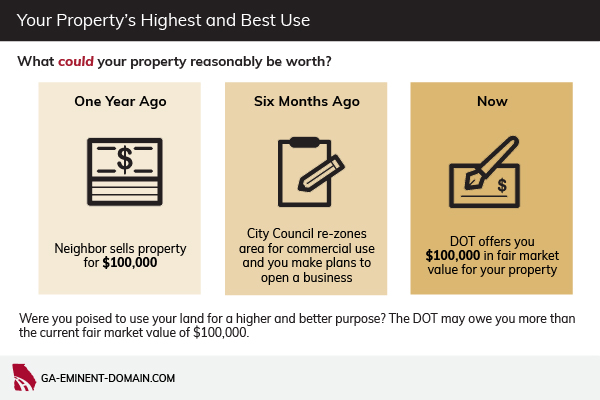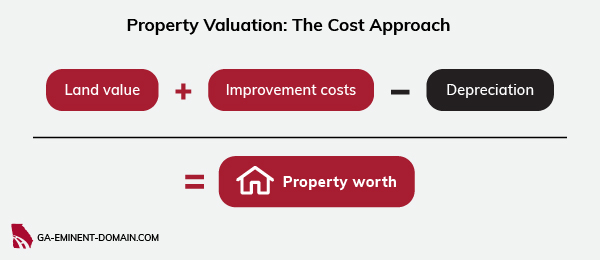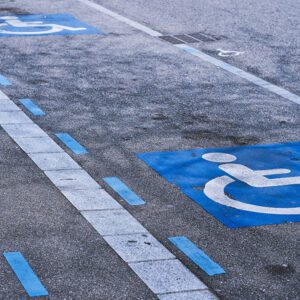How and when do I get paid eminent domain settlement compensation?
When the government takes ownership of your property, they may deposit what they consider to be just compensation with the court. It may be possible for you to withdraw that money immediately, but the money will not be sent to you automatically. You must complete the proper paperwork and processes with the court to withdraw the funds – while still retaining your right to negotiate for more compensation.
Each county is different when it comes to deposits and getting paid out for eminent domain. Having your attorney jump through the hoops on your behalf to retrieve your money without waiving your claim is one great reason to hire one. A case evaluation from one of our attorneys is completely free and can provide clarity on your case.
Note: Any liens on the property will need to be dealt with from the just compensation deposit first.
The DOT has a rough timeline of when it will take ownership of your property, but you don’t need a lawyer to tell you that construction projects often hit many delays. In addition, every client, case, and property are unique, and the timeline for a nearby property may not apply to you. For a large project, the DOT may condemn properties in timed chunks that make sense to them. Funding roadblocks may also impact a project or your particular property.
It can be frustrating to have your life put on hold when the DOT announces a project, only to be faced with an indefinite wait until you receive your payment. If an agreement can be reached before the government officially condemns your property, you may receive your money fairly quickly after the deal is signed.
Naturally, with government bureaucracy, it may take longer than expected. If you and the government are far apart, however, an agreement is unlikely and you may have to wait months or even years until the property is officially condemned and your attorney can litigate your case.
Deadline Alert! In Georgia, you only have 30 days to file an answer to the government’s offer of compensation. If you don’t file in this window, there’s a real possibility you’ll forever lose the chance to negotiate for more compensation.
